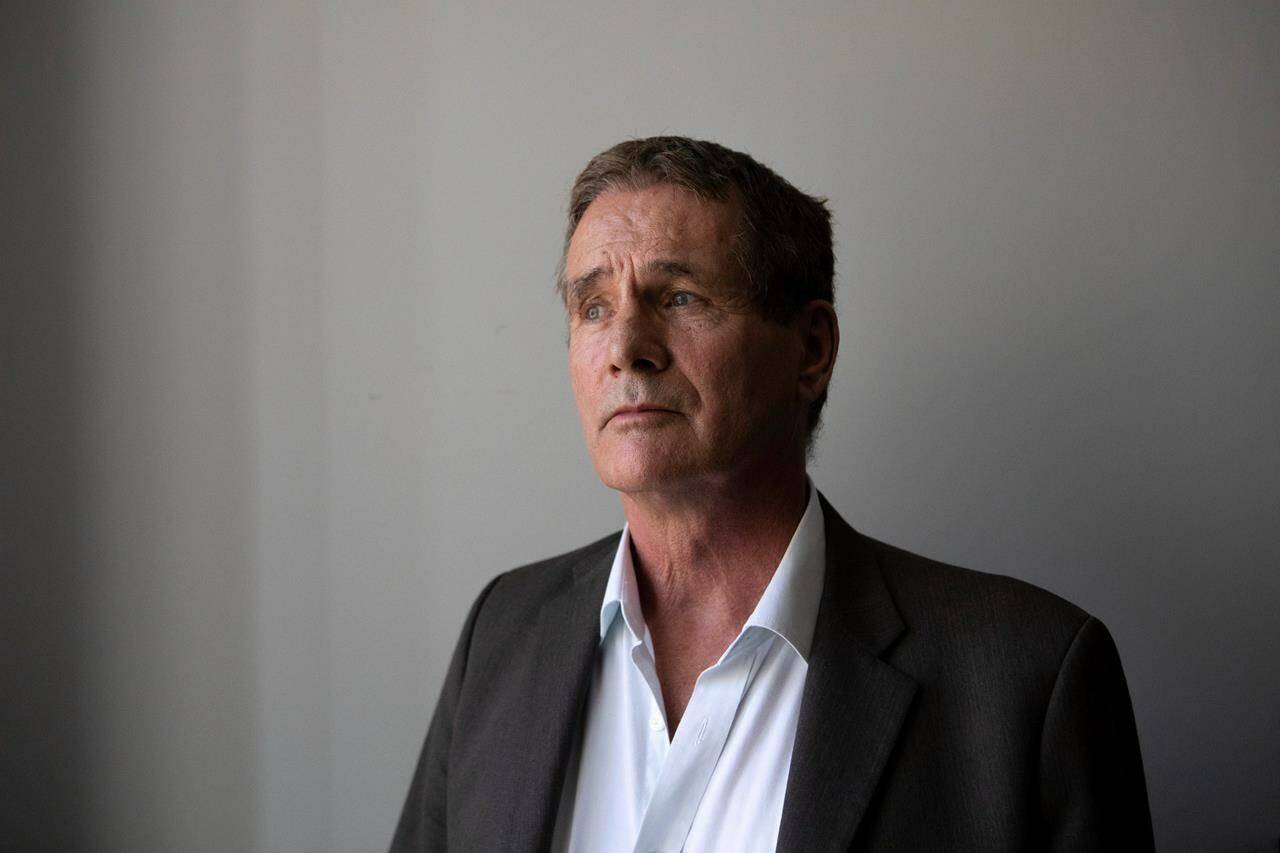New legislation introduced in the House of Commons Thursday would make it easier and faster for people who may have been wrongfully convicted to have their cases reviewed.
Justice Minister David Lametti is also hoping it will make such reviews more accessible to women, Indigenous people and racialized Canadians.
The bill is dubbed “David and Joyce Milgaard’s Law,” named for the man who was released in 1992 after being wrongfully imprisoned for 23 years, and his mother who fought relentlessly to free him.
“We need a system that moves more quickly, both for people applying as well as for victims and the process needs to be independent,” said Lametti.
The bill would establish an independent commission to review, investigate and decide which criminal cases should be sent back to the justice system.
Justice department officials told media in a briefing on the new law that a wrongful conviction review currently takes between two years and six years to complete, depending on the circumstances.
The government says it is rare for miscarriages of justice to occur but a formal process to review such cases is needed.
The government says applicants for a review would have to first exhaust all their rights of appeal before applying to the independent commission.
It is not clear when the commission would start operating, how much it will cost or who its members will be, but Lametti says it will be made up of five to nine people with experience working in criminal justice.
“I’m going to try to get this through as fast as I can, through the parliamentary process,” he said. “I think I’ve got good support in the House and in the Senate. And then we’ll move as quickly as possible to get this thing up and running.”
NDP Leader Jagmeet Singh said Thursday his party will support the new law which should be enough to get it passed.
Lametti said members of the commission will provide funding for outreach programs and resources to support applicants during the review process, focusing on people with “limited means”
“When I look at the files that come to me, I see a clear pattern. The applicants are overwhelmingly white men, and our prison populations do not look like that,” he said.
“This tells me that the system is not as accessible to women or to Indigenous peoples or Black or racialized people who are disproportionately represented in our criminal justice system. We have to change that, some of these files go back decades.”
Creating such a commission was included in the mandate letters Prime Minister Justin Trudeau gave to Lametti in both 2019 and 2021. Lametti said he pushed for it to be in them.
Innocence Canada, the non-profit organization that advocates for the wrongfully convicted, says it has helped exonerate 24 people since 1993.
—David Fraser, The Canadian Press
RELATED: Nearly 30 years after being found guilty of murder, sisters’ conviction under review
RELATED: Justice advocate David Milgaard, imprisoned on wrongful conviction, dead at 69

